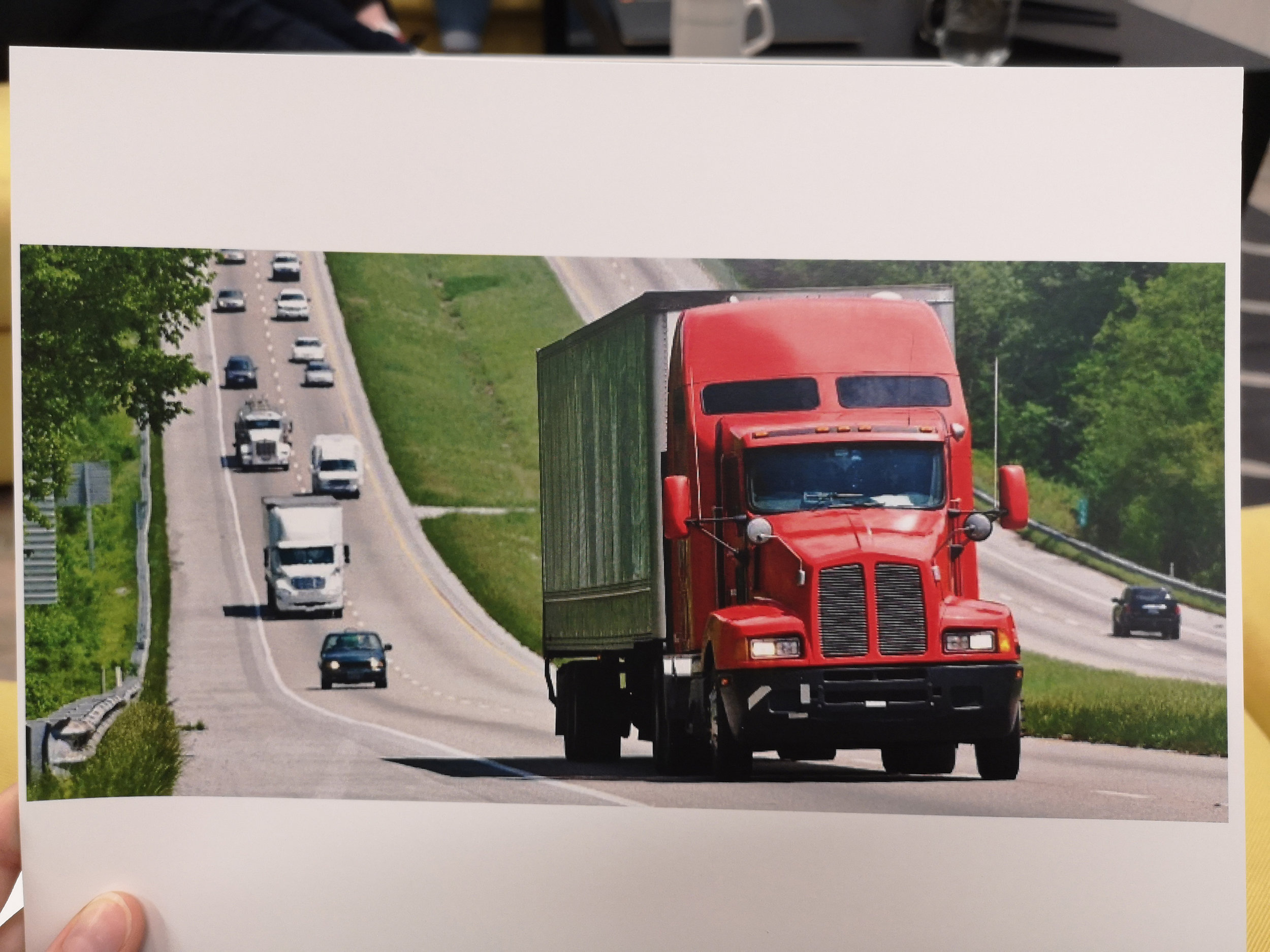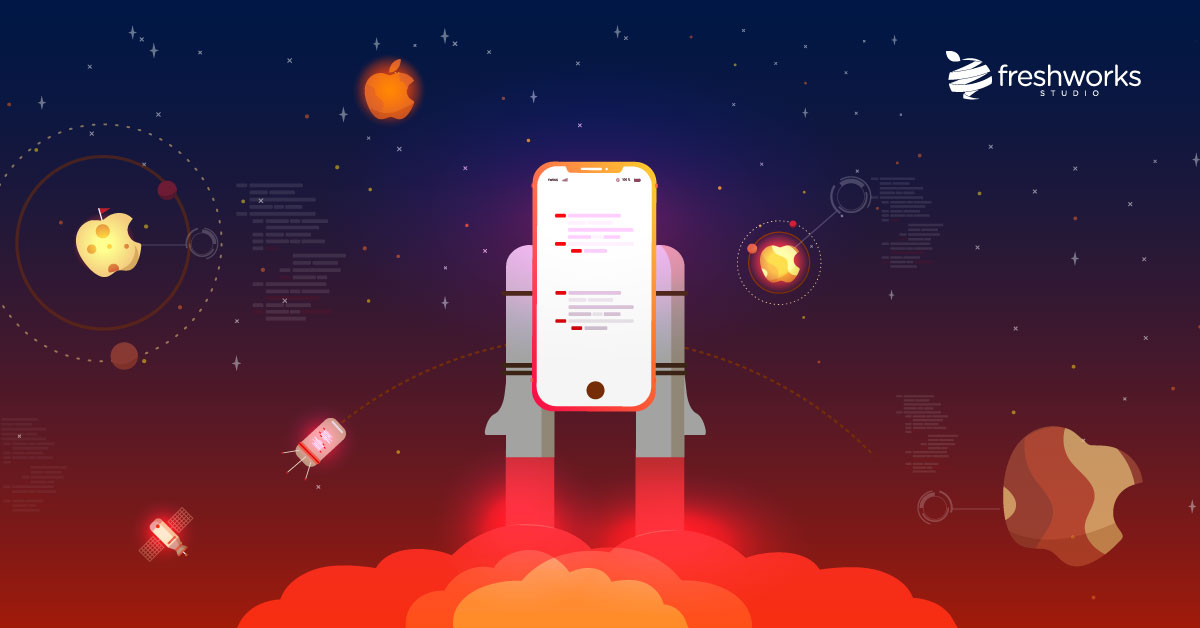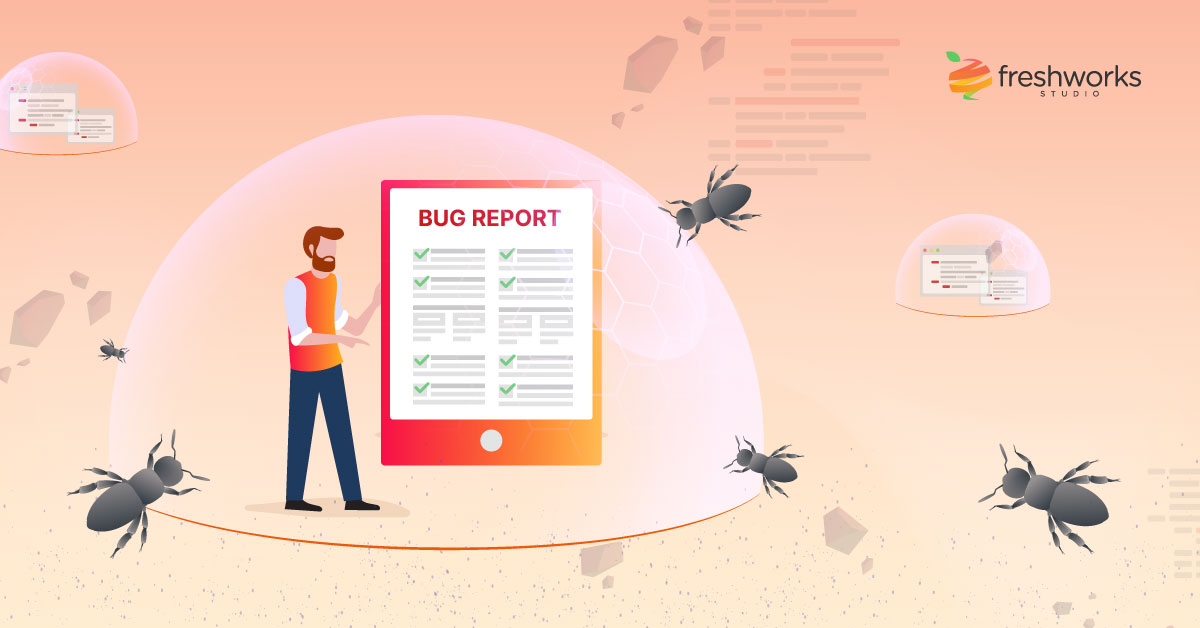February 15, 2019
Lunch & Learn Series: Vani Jay on Leadership


This month our lunch and learn topic was leadership. Of course that’s far too broad by itself so we brought in Vani Jay – HR Professional, recruiter, and educator – to narrow in on a good lesson. She demonstrated a couple exercises to enlighten our aspiring leaders. Each exercise had its own lesson to be learned and helped any astute participant better understand the power and importance of self reflection.
Vani Jay was born, raised, and educated in India, and also has a masters degree in Leadership at the University of Victoria. Vani has spent 10 years in the HR industry, and came to FreshWorks to share some of her learnings about leadership. If you’d like to try running these exercises, please feel free!
Lesson 1 – What Do You See?

Vani started out the lunch & learn by handing out a series of seemingly unrelated photographs.. Some photos were of people, of places, or of objects. Using these photos as inspiration, we were tasked to think of a metaphor that represents what values a leader should possess. For some additional guidance, Vani explained to us that metaphors can make thoughts easier to articulate. In a situation where you are trying to explain sugar to someone who does not understand sweetness, a simile or metaphor will be extremely useful.
This becomes important when trying to explain the character qualities of a good leader, not only to others but to yourself. The exercise provides a framework for selecting qualities of a leader, and then connecting those qualities with a metaphor so that it can be more easily communicated.
Picture 1 – An ancient ruin, still standing but beaten by the elements over hundreds of years.
Our Metaphor – A leader needs to bring their past experiences to the present so that you can learn from those experiences.
Picture 2 – Our solar system
Our Metaphor – A leader has charisma, which draws people to them much like the sun’s gravity causes things to orbit around it.
The Key
Everyone has a different point of view. Understanding your personal view and how that is different from an environmental view is important. People will model behaviour that they feel is advantageous and it’s important to know what behaviours you are observing and modelling, and which of your behaviours people are observing and modelling. These behaviours are dependent on the group and the situation. We closed this lesson on a quote.
“A leader is not someone who sits in a certain place or acts a certain way, but is a person is willing, able and entrusted to articulate, embody and help realize a story for possibility for a group of people at a point in time”
– Gianpiero Petriglieri, Programme director, management acceleration programme
Lesson 2 – Who is Work Ready?
 Vani Jay at the FreshWorks office in Victoria
Vani Jay at the FreshWorks office in Victoria
This phrase is used a lot in universities because the school is trying to make sure that students embody the characteristics needed to work in an organization. A lot of time is spent focusing on developing the right hard skills to prepare students for their careers, but there’s more to it than that.
In an attrition analysis at several organizations researchers found that new grads were very likely to leave within the first year at a company. The same research also found that the 2 factors for predicting workplace success were:
-
Developing problem solving skills
-
Understanding and navigating through sexism, power, authority, inequality, or problematic organizational culture
Graduating students didn’t actually have the soft skills they needed when entering the workforce. They cannot identify with the “social consciousness” or organizational culture and are presented with extreme culture shock. Many organizations don’t give time to new people to learn these things and as a result, many new grads are not truly “work ready”. Why is this?
-
Graduating students don’t have the soft skills they need when graduating
-
They cannot identify with the “social consciousness” (org culture) and can experience culture shock. Some organizations cannot give time to new people to learn these things.
So, what should good leaders do?
1. Help people identify their own problem.
Often someone will think “I don’t feel good here but I don’t know exactly why”, because the failure to identify with an organization’s culture or noticing a lack of soft skills is not always obvious. People need a lot of reflection and deep thinking on a day to day basis to consider what did not go well, and why.
2. Find a mentor.
Your mentor makes life easy, they can guide you to solutions when you talk about your problems. Make sure that the people you want to be successful have good mentorship. In workplaces, you need to develop skills fast. Mentorship helps us identify and build the right capabilities to make us irreplaceable.
3. Learn and teach discipline.
This is where most young graduates fail. The hardest problems will not be easy to solve and a lot of our lives are broken up into short stints. Very few people will have experience working on projects that span many months or years and routine progress on a daily basis has to be learned.
Lesson 3 – Stop and Smell the Raisins

In our last exercise, Vani handed out raisins. We were asked to close our eyes, take a deep breath, and relax. Think back to your childhood before you worried about tension, stress, or deadlines.
Now look at the raisin. Notice the texture, colour, and smell. Listen to it, put it in your mouth and feel it on your tongue. Then bite it, and then eat it. Take an uncomfortably long amount of time to do each of those things along the way.
Have you ever observed a raisin like this before? This is the essence of mindfulness which is its own popular topic in recent years. Mindfulness is practicing attention to yourself and your environment. Doing so regularly will make you better able to navigate organizational culture like we described in Lesson 2, or understand different points of view on good leadership qualities and create powerful metaphors as in Lesson 1.
When we were mindful and observed the raisin, there are so many new things we notice because we don’t often observe life like this. Something that could have changed your life was missed or overlooked because we are often not in tune with our environment. Think about how you feel about things and reflect, don’t avoid this and rush through experiences. Being aware is extremely important for your health and creativity in both your personal and professional life.




